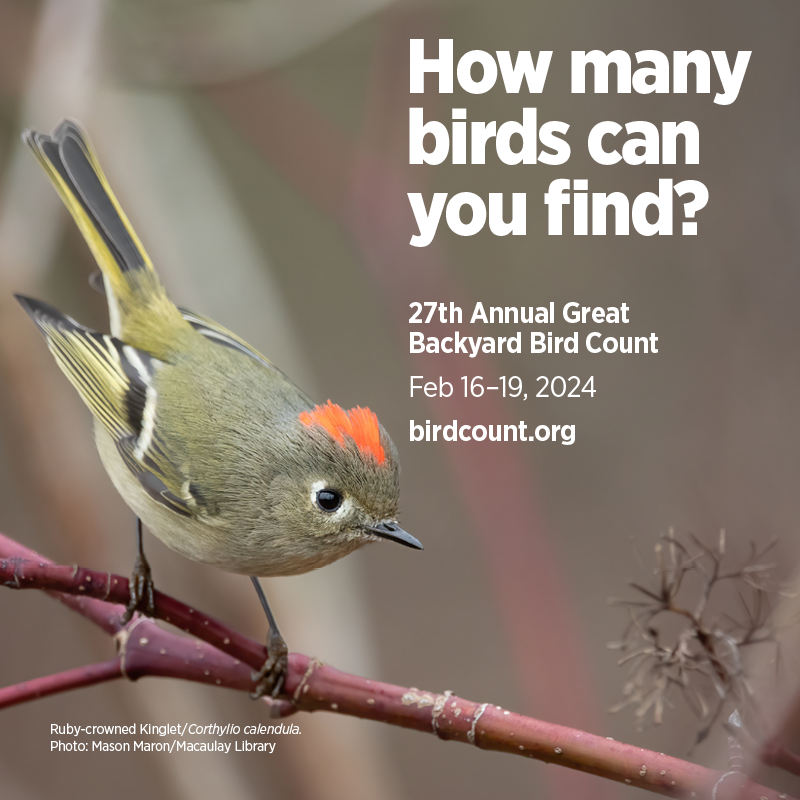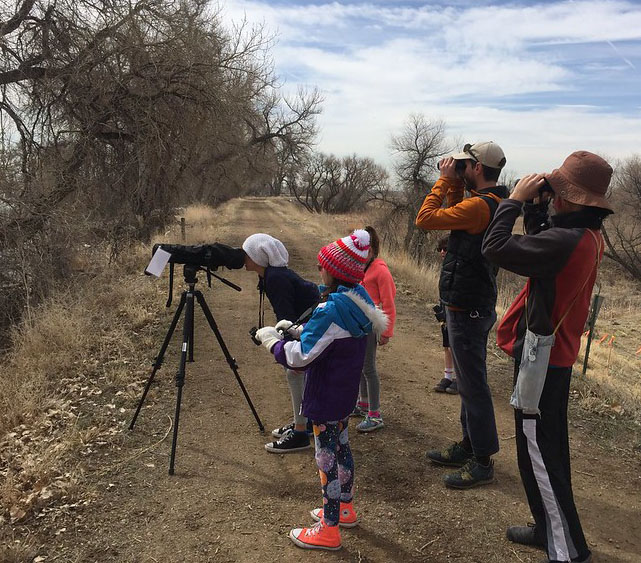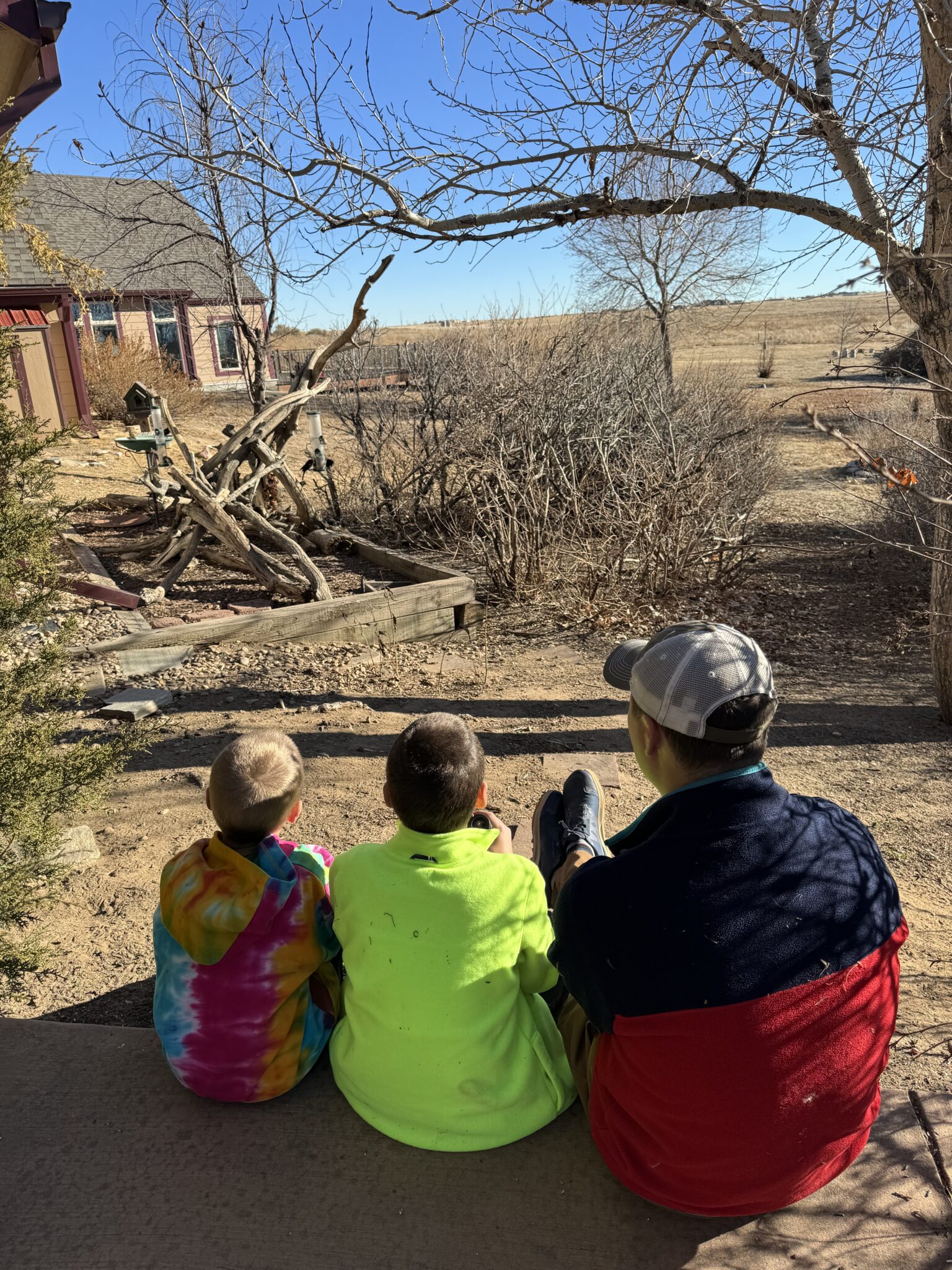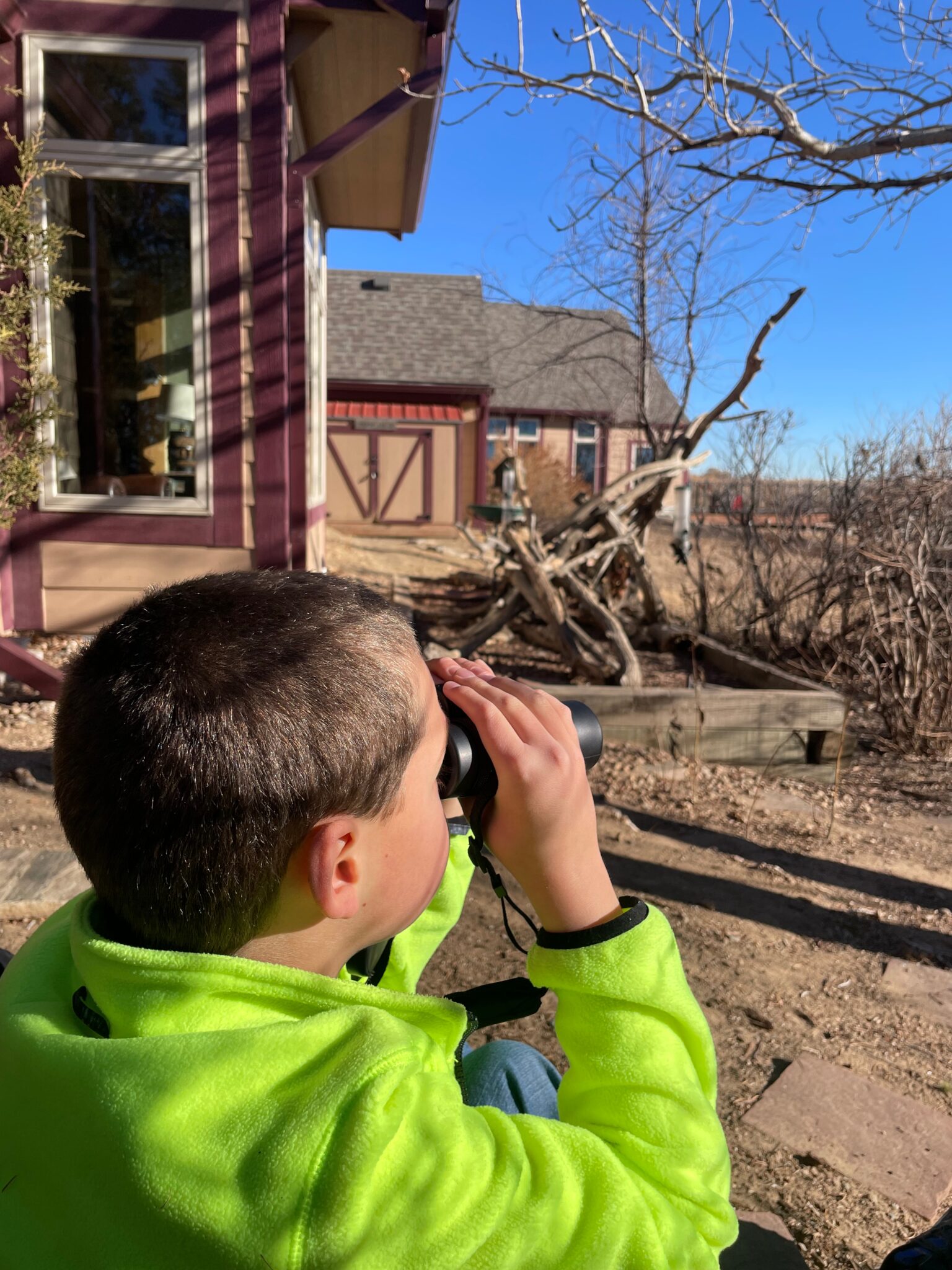You want to know my opinion on birding? I believe we’re overthinking birding, especially when getting into the hobby. I first got into birding in college, which at the time seemed like I was late to the game. I felt like birding was this grand outing that needed expensive gear, far too early mornings, the ability to identify any species on the spot, and required travel to exotic locations to see the rarest birds possible, or else I wasn’t doing it correctly. I’m not positive where this notion started (although for me, I might blame all the time I spent watching BBC’s Planet Earth series), but I’m confident in saying that I’m not the only person who feels that way.
Now, after all that I’m here to tell you that is NOT how birding has to be. Sure, it could be a trip to the Amazon with an expert guide and camera equipment worth more than my car, but hands down the most fun I’ve had birding was carpooling with a group of people I barely knew to some gravel ponds about five minutes from my apartment in Fort Collins, CO. All I had were a pair of borrowed binoculars, an approximate knowledge of 10-15 local species, and a protein bar because I ran out of time to make breakfast. Quite the opposite of the grandiose ideas I had of birding looking like Darwin-esque figures going out to identify finch species based on the most minute differences in their beaks.
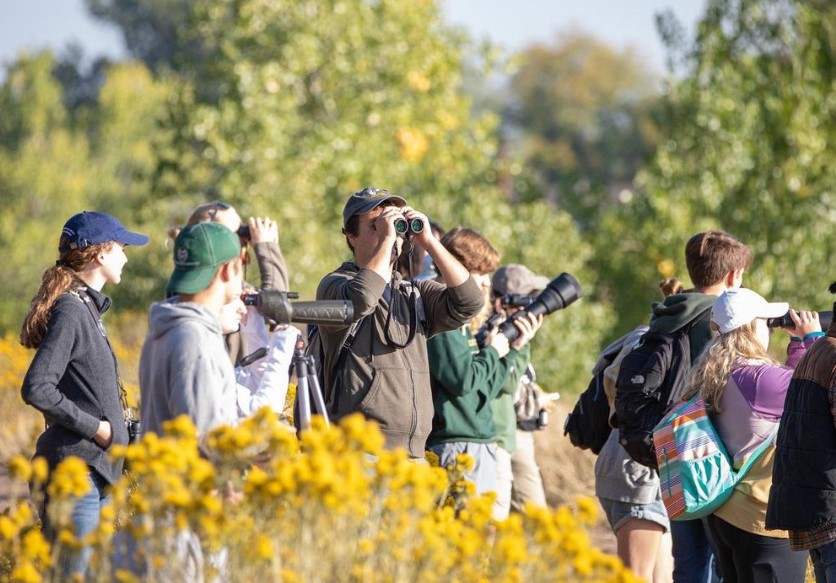
The author, Payson in the middle using binoculars to identify birds during 2021. Photo by CSU Ornithology Club.
I often think about that birding excursion when running programs today with Bird Conservancy as an Environmental Educator. Honestly that was, as my seventh grade math teacher put it, my “Aha!” moment. I always enjoyed birds, but it was more in the sense of them being just another facet of the outdoors. This event was the spark that propelled me into the world of birds, and it all came down to the dynamic of the group I was with. If the atmosphere had been hostile and standoffish, I might not be where I am today, writing this blog.
So, hear me out. On February 17th, from 9 a.m.-12 p.m. at Barr Lake State Park I am helping run an event for the Great Backyard Bird Count (GBBC), and I would love it if you, dear reader, came to this event. It’s free, and whether you can identify a sparrow down to the species based on light buffing on the chest, or all you know is that it’s a bird because that’s how it is, we want you to be there. We’ll be building bird feeders for you to take home, go on a lovely birding walk around Barr Lake’s Nature Center together with binoculars available to borrow, and of course will be doing our utmost to make you feel like you’ve found a community you could continue to be a part of.
- The Great Backyard Bird Count flyer.
- A group of learners identifying birds for the Great Backyard Bird Count.
Now, you may be saying “Payson, you’ve piqued my interest, but what in the wild wild world of sports is the GBBC??” Well, good thing the blog isn’t over. February 16th-19th this year, there is an event called the Great Backyard Bird Count. This is a community driven science project started by the Cornell Lab of Ornithology and the National Audubon Society that’s been held for four days every February since 1998. Since then, it has grown to be an international event, with participants from over 200 countries.
The event is run as a simple bird count. All you need to do is pick your favorite spot near where you live (backyard, park, natural area or even a window!) and take a minimum of 15 minutes to just identify and count birds. You don’t need to go for a long hike in the wee morning hours, you could just head out to your backyard or your favorite park and start counting.
- Payson with Birds of Winter campers looking at the bird feeders at Barr Lake
- A Bird Camper using binoculars provided by Bird Conservancy to identify birds
My favorite part is that the premise of the count surrounds regular people. You don’t need to be an avian biologist or an expert in bird identification to participate, the point of community science is to have anyone and everyone participate so the project can collect as much data as possible. The data is then used to keep track of how winter birds are faring each year, which helps drive bird conservation research and projects. Once you finish your count, you enter your data into eBird.org, which is an online database used to track birds worldwide.
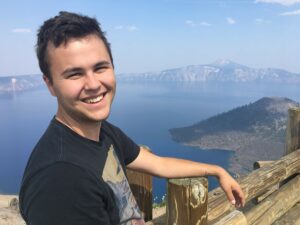 Payson is an Environmental Educator based at our Brighton Headquarters. CLICK HERE to learn more about our Great Backyard Bird Count program and to register!
Payson is an Environmental Educator based at our Brighton Headquarters. CLICK HERE to learn more about our Great Backyard Bird Count program and to register!


